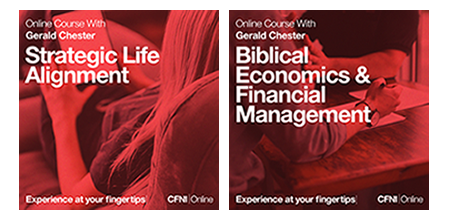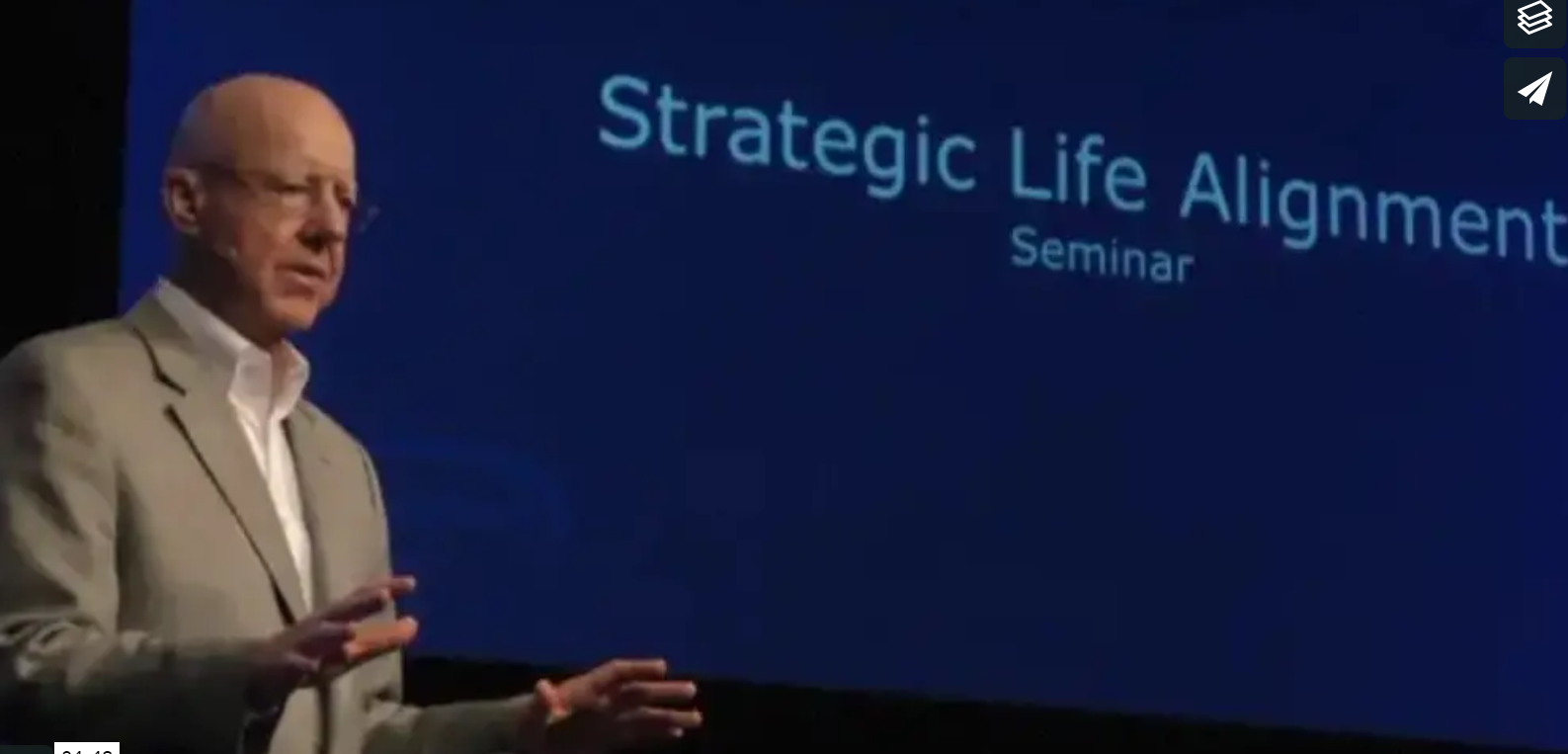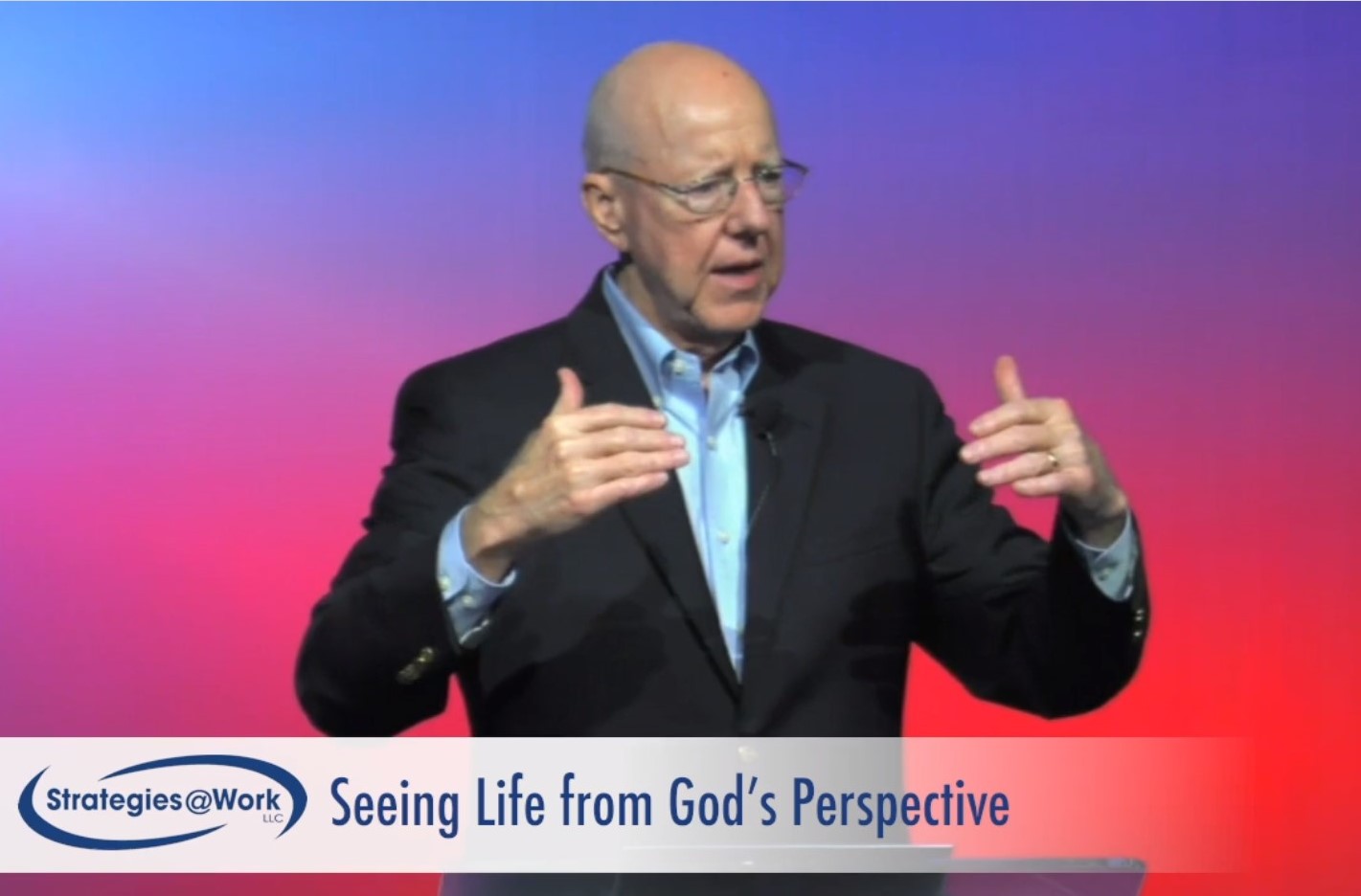 |
||||||
January 1, 2020 |
||||||
Gleanings |
||||||
The Importance of Biblical Illiteracy |
||||||
by Gerald R. Chester, Ph.D. |
||||||
| Dartmouth professor Sidney Finkelstein contends that people make choices based on predispositions (assumptions or beliefs) based on experiences and emotions.1 One of the most common beliefs today is the assumption that there is no God. Since the fall of man, people have been predisposed to secularism and atheism though few seem to be aware of this bias. A fundamental belief of atheism is the denial of a metanarrative. This means that there is no connection between the past, the present, and the future. Everything is random, has always been random, and always will be random. This tacitly denies cause and effect—a universally presumed timeless universal principle (TUP)—that is requisite for an orderly life. Without a metanarrative, there is no basis for a meaningful, purposeful existence. Nevertheless, atheism does not look to any historical prophetic record, such as Scripture, to explain the present or seek guidance on the future. Contrary to atheism, Scripture reveals a metanarrative that connects all history into a unified story. The apostle Peter believed this truth and did not hesitate to contextualize the surprising phenomenon that occurred on the day of Pentecost in the metanarrative as recorded in Acts 2. Peter looked to the revelation of Scripture to explain the events of that day based on the writings of the Old Testament prophets. Using a “this is that” argument from Scripture, he connected the events on the day of Pentecost to the words of the Old Testament prophet Joel. In interpreting Acts, it is important to recognize the difference in the level of biblical literacy of the first-century Jews compared to people today. The former had a high-level biblical literacy and the latter a low-level biblical literacy. Even some of the first-century Gentiles highly valued Scripture. For example, in Acts 8 there is a story of an Egyptian who was reading the book of Isaiah while traveling in his chariot. Though he didn’t fully understand what he read, the man wanted to. The Lord sent a disciple to explain it to him, and the Egyptian instantly received the truth. Finding people like this Egyptian with a desire for biblical literacy is rare today. It is increasingly problematic that most college students lack a rudimentary knowledge of Scripture. This is a challenge for even secular university professors who recognize the Bible as foundational for Western culture and literature. Note this quote from the Washington Times regarding the findings of the Biblical Literacy Project:
The concern for biblical illiteracy is not limited to the secular academic world. The Christian community also recognizes a dearth of biblical literacy among professing Christians. The esteemed theologian Albert Mohler said:
Because they reject God, it is not surprising that atheists don’t value biblical literacy. But historically in the United States, most people claim to be Christians. Nevertheless, they are increasingly illiterate in the greatest revelation about God—the Bible. Without biblical literacy, one cannot properly understand culture and history. This means that one cannot contextualize life in the biblical narrative and, therefore, one cannot connect one’s life to God’s plan and purpose. To live disconnected from God is to live a meaningless life. Consequently, not only do atheists struggle to find meaning and purpose to human existence but professing Christians who are biblically illiterate likewise struggle. Biola theologian Kenneth Berding summarized the situation in these words:
Living biblically illiterate is a road to despair. Culturally, it will lead to poverty and hopelessness. Educationally, it will stifle and distort mankind’s ability to understand the universe and limit mankind’s ability to develop technology to master the universe. At the core of sound education and epistemology must be biblical literacy. Secular English professors recognize the importance of biblical literacy, but also many atheistic academics deny the value of biblical literacy. However, they do not conduct their research and teaching based on randomness—the core value of atheism. Instead, these atheists assume the existence of principles such as cause and effect—TUP that imply the existence of God. A predisposition and bias against God and his revelation impedes the development of sound epistemology. Therefore, intellectuals who use God’s principles but deny God's existence are inconsistent atheists; they are hypocrites. If a test of the credibility of a worldview is consistency, atheism as practiced by atheistic academics fails. In other words, atheism is not a credible explanation of reality. The only credible worldview is one grounded in biblical literacy. Biblical literacy develops as one engages with the Bible as the authoritative source for life. According to one study, the key practice to develop biblical literacy is to engage with the Bible at least four times per week, seeking the answers to the questions of life. Those who do so will grow in Christlikeness and biblical literacy.5 Because of the pattern of declining biblical literacy, the value systems embraced by the various cultures of the world are increasingly disconnecting from biblical norms. Francis Schaeffer spoke of this trend about forty years ago when he commented that the culture of the United States was losing its Christian memory.6 A culture without a biblically based cultural value system will be given over to humanism that will only lead to purposelessness and despair, evidenced by depraved thinking, poverty, antinomianism, chaos, misery, and death. May Christians have the predisposition and grace to repent of biblical illiteracy and choose to became vigilant students of Scripture like the apostle Peter, and even like the first-century Egyptian. This is the only way to escape the purposelessness and despair of athiesm. Biblical literacy is the antidote for the predisposition of atheism and will lead to sound epistemology, peace, joy, prosperity, and contentment. May I offer a New Year’s resolution: commit to becoming biblically literate by engaging with the Bible each day, seeking the answers to questions of life. May we all have the grace to make and keep this resolution. Happy New Year!
|
||||||
| Quick links | ||||||
Teaching: Formation of the Church |
||||||
| Upcoming Training | ||||||
Online Courses (Winter/Spring 2020) |
||||||
Seminar: Strategic Life Alignment (Winter/Spring 2020) |
||||||
| Recent Trainings | ||||||
| Social Media | ||||||
| Gleanings | ||||||
| Other | ||||||
|
||||||








.png)